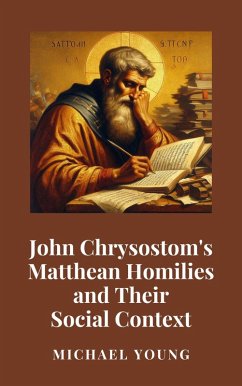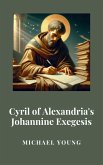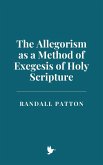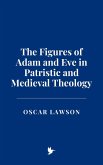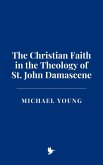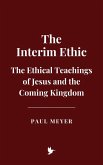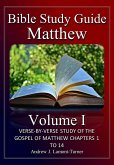John Chrysostom, often referred to as "The Golden Mouth" (Chrysostomos in Greek), stands as one of the most revered figures in Christian history. His name became synonymous with eloquence due to his remarkable oratorical abilities, which earned him a prominent place in the annals of Christian preaching and theology. Born around 349 CE in Antioch, Chrysostom grew up during a period marked by considerable theological debates and political unrest within the Roman Empire. The late 4th and early 5th centuries were times of significant change for the Church, transitioning from the era of persecution to the consolidation of imperial support under Emperor Theodosius I, who made Christianity the state religion. This period also witnessed the rise of theological conflicts, particularly between the Nicene orthodoxy and Arianism, as well as the challenges posed by paganism and religious pluralism. Chrysostom's life unfolded within this complex tapestry of religious, political, and social change.
The primary sources for understanding Chrysostom's homilies on Matthew are his own writings, particularly his Homilies on the Gospel of Matthew, which are part of his vast body of sermons and commentaries. These homilies were delivered during the liturgical cycle in Constantinople and were later transcribed and preserved in manuscript form. Chrysostom's homilies were widely disseminated throughout the Christian world, especially after his death in 407 CE, and became a key part of the theological education of both clergy and laity. His ability to engage with Scripture in a practical and pastoral way made him an enduring authority in the Eastern Church, and his influence extended beyond the Byzantine Empire.
Dieser Download kann aus rechtlichen Gründen nur mit Rechnungsadresse in A, B, CY, CZ, D, DK, EW, E, FIN, F, GR, H, IRL, I, LT, L, LR, M, NL, PL, P, R, S, SLO, SK ausgeliefert werden.

